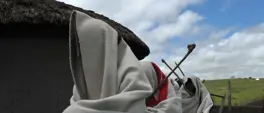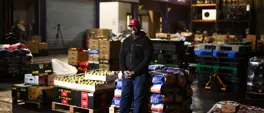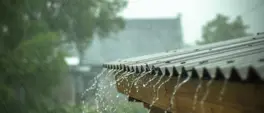Artificial breeding could save dwindling Wild Dog population
Keely Goodall
17 April 2024 | 15:03African Wild dogs lack genetic diversity, making them vulnerable to disease.
John Perlman speaks to Dr Morne de la Rey, Director of Embryo Plus.
Listen to the interview in the audio below.
The habitats of wild dogs have become so small and fragmented that they cannot support large populations.
Estimates suggest there are only 550 wild dogs left in South Africa, across 14 fragmented populations.
ALSO READ:
Lone female elephant in Knysna Forest under chronic stress without herd
'They are so happy!' From Plett to Prince Albert: 400 donkeys safe in Karoo
This has led to inbreeding in wild dog packs stuck in small reserves, which reduces their genetic diversity.
“The packs can’t migrate to each other across the borders we have made.”
- Dr Morne de la Rey, Director of Embryo Plus
Scientists are now planning to freeze the sperm of as many genetically diverse male African wild dogs as possible and using this to artificially inseminate female wild dogs.
This genetic diversity will help them become more resilient to diseases which can devastate a pack.
In 2017, canine distemper virus wiped out 21 out of 22 packs of wild dogs in Laikipia County, Kenya in less than four weeks.
De la Rey says that trying to just move the animals would expose them to new diseases, making it far more dangerous than artificial insemination.
Scroll up to the audio player to listen to the interview.
Get the whole picture 💡
Take a look at the topic timeline for all related articles.
Trending News
More in Local

18 December 2025 19:33
EWNTV NEWS BULLETINS | Tough US envoy confirmed for SA, Warras murder developments and more fatal initiations

18 December 2025 16:14
Study finds early grade repetition can improve long-term learning outcomes

18 December 2025 14:49
Court slams eThekwini Municipality for unlawful beach re-openings amid E. coli risks










